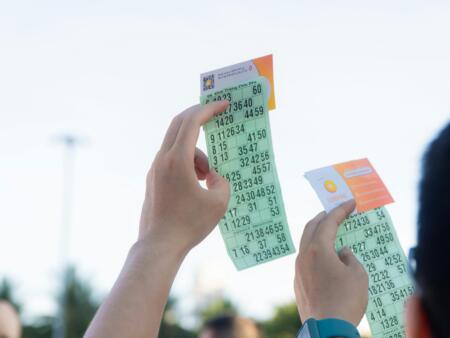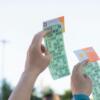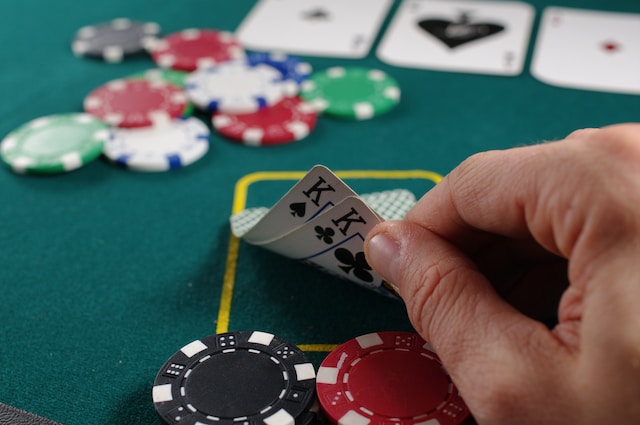The New Zealand Gambling Act of 2003 is an important piece of legislation that governs gambling activities in New Zealand. It replaced the previous 1987 Gambling Act and introduced significant changes to the regulation and operation of gambling in the country.
Purpose of the Gambling Act 2003
With the New Zealand Gambling Act of 2003, gamblers can be certain that any site they play on is legal, authorised, safe and fair. It promotes safety and community so that gambling can be a responsible, enjoyable and fun experience, and reduces crime and illegal or dishonest activity. Here’s some key information about the Act:
Regulatory Bodies: The Department of Internal Affairs (DIA) is responsible for regulating gambling activities in New Zealand. The Act established the Gambling Commission to oversee and administer the regulatory functions.
Types of Gambling: The Act covers various forms of gambling, including casinos, gaming machines or “pokies”, lotteries, sports and race betting, and online gambling.
Licensing: The Act introduced a system for licensing for all gambling operators. Different classes of licenses are available depending on the type of gambling activity.
Problem Gambling Measures: The Act requires gambling operators to have policies and procedures in place to promote responsible gambling, provide information and support to individuals with gambling problems, and contribute to research, education, and treatment of problem gambling.
Advertising and Promotion: The Act includes provisions on the advertising and promotion of gambling activities. It sets out restrictions on the content, timing, and placement of gambling advertisements to protect vulnerable individuals and ensure responsible marketing practices.
Offenses and Penalties: The Act outlines various offenses related to gambling, including illegal gambling, cheating, and non-compliance with licensing requirements. Penalties for offenses can range from fines to imprisonment, depending on the severity of the violation.
New Zealand Gambling: Four Classes
Class 1
Gambling activities in Class 1 are considered low-risk, and therefore do not require licensing. Risk is low because the prize cannot exceed a limit – usually around $500 per session.
Class 2
Class 2 includes gambling activities that are led by non-profit organizations, societies or clubs. This Class also does not require licensing because prizes are limited, and proceeds must be used for authorised charitable, cultural or philanthropic purposes
Class 3
Class 3 gambling activities require licensing. Class 3 gambling activities include most activities that are organised by casinos operators, such as table games like blackjack, poker, roulette and more.
Class 4
Class 4 gambling covers gaming machines or pokies that are operated outside of casinos or authorised establishments. This class includes gambling machines located in pubs, clubs, and other venues throughout the country. Class 4 gambling is subject to stricter regulations, including licensing requirements and the allocation of proceeds to community purposes.
Prohibited Types of Gambling in New Zealand
If a gambling activity is not approved by the New Zealand Gambling Act 2003, then it is illegal. However, there are three types of gambling activities that are specifically prohibited by this Act.
Bookmaking
Bookmaking is the act of accepting and facilitating bets on the outcomes of events, usually in sporting and horse racing events. A bookmaker, or a ‘bookie,’ is a person or organization that calculates payouts and takes bets and wagers. Bookmaking is strictly prohibited in New Zealand unless authorized by the Racing Industry Act 2020 and complies with all the requirements.
Communication Devices
The New Zealand Gambling Act of 2003 prohibits the use of communication devices in certain gambling contexts. Specifically, Section 23 of the Act states that it is an offense for a person to use, or allow another person to use, any communication device for the purpose of facilitating remote interactive gambling.
Remote interactive gambling refers to gambling activities conducted through electronic means, such as the internet, telephone, television, or other communication devices. The Act prohibits the use of communication devices for remote interactive gambling unless the operator holds a valid license issued by the New Zealand regulatory authorities.
Overseas Gambling Advertisements
Overseas Gambling Advertisements are banned under the Act. This includes any publication, promotion, or gambling operators located outside New Zealand. Defying this rule can result in a fine of up to $10,000. However, some exemptions include incidental ads, such as tourist ads mentioning casinos in their cities.
FAQs
Is New Zealand Gambling Act 2003 fair?
Yes, New Zealand Gambling Act 2003 is considered fair. Also, the New Zealand government plans to continuously review the Act and update it when necessary in order to encourage gambling in a fair, honest, transparent, and safe way.
How does New Zealand Gambling Act 2003 affect the prevention and minimization of harm from gambling?
The New Zealand Gambling Act 2003 prioritises reducing the dangers, risks and crime associated with gambling. For example, the Act limits prizes, requires licensing, provides clear protocol to earn licensing, sets age limits on different gambling activities and more.












